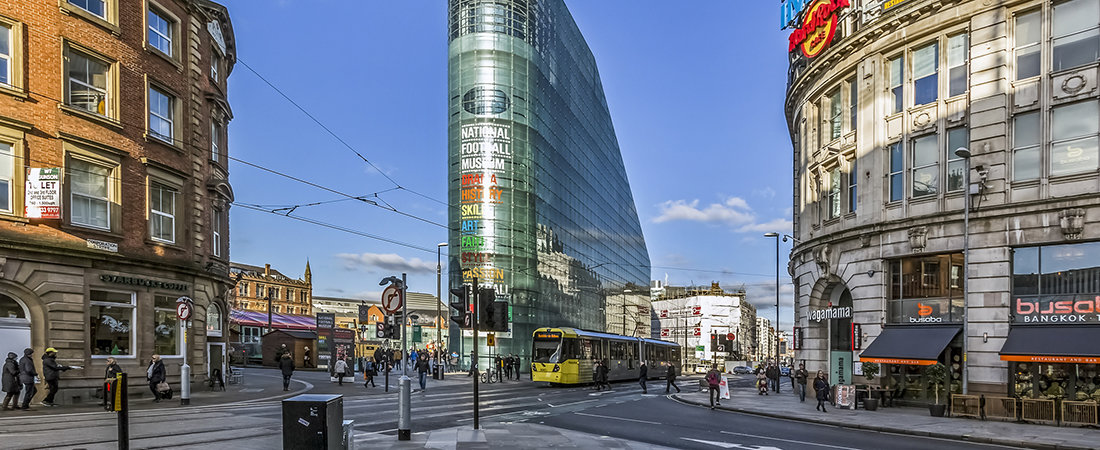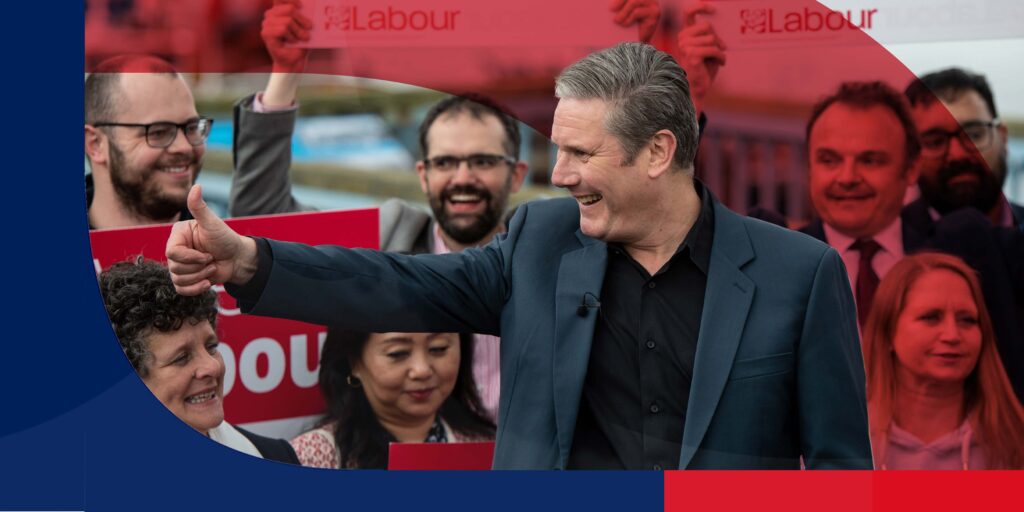On the 8th May 2017, a quiet revolution took place. The arrival of mayors in six metropolitan regions of England represents a step change in the way our cities are governed.
These prominent figures, with significant powers and responsibilities, are a single point of accountability for their regions and a powerful voice for their people, opening the next chapter of English devolution.
Greater Manchester’s success, however, is built upon a longer tale of co-operation and collaboration, between different parts of the region and, vitally, its civic leaders and business.
This close partnership has led to four ground-breaking devolution deals with government, which have placed Greater Manchester at the vanguard of English devolution. These deals have given us devolved responsibility for the £6 billion health and social care budget, a £300 million Housing Investment Fund, and the largest transport investment programme outside of London.
At the heart of this highly successful relationship between the public and private sectors lies Greater Manchester’s Local Enterprise Partnership.
The LEP’s board contains representatives from a range of Greater Manchester’s industrial sectors and is shaping the region’s strategy. Its successes include securing £660 million through our Growth Deal with Government to create up to 6,250 jobs and generate an additional £210 million of public and private investment; it is helping to establish Greater Manchester’s two enterprise zones – at Airport City and Corridor Manchester, and assisting the development of the Greater Manchester Investment Fund, which has loaned more than £195 million to over 100 companies across the conurbation for the creation of over 6,500 jobs.
The newly elected Mayor of Greater Manchester, Andy Burnham, has made it clear that he wishes to continue and strengthen this long-standing and mutually beneficial relationship: the Mayor’s manifesto set out how he will build a “new, dynamic and collaborative relationship with businesses”. The Mayor consulted closely with businesses during the drawing up of his manifesto, and his policies, for example on skills and infrastructure, reflect their input.
A clear indication of the Mayor’s commitment to this relationship with business was his immediate appointment of Sir Richard Leese – Leader of Manchester City Council and one of the architects of that close collaboration between civic leaders and businesses – as his Deputy Mayor, with responsibility for business and the economy.
The new Mayor has also been clear that he is keen to hear new ideas and views on the taking the success of Greater Manchester’s businesses even further. That is why he is setting up a Mayor’s Business Advisory Panel, with a revolving membership, representative of Greater Manchester as a whole. The Panel will work closely with the LEP to provide guidance on policies and insight on future challenges.
The Mayor is clear: our region is entering a new era, but one in which businesses will continue to play a vital role in the development and improvement of the conurbation. In Greater Manchester, we know that we are stronger when we work together: we will only build on our successes if civic leaders and businesses continue to work in concert.
By Eamonn Boylan. Eamonn was appointed Chief Executive of the Greater Manchester Combined Authority in January 2017. Through his work with the Association of Greater Manchester Authorities, he played a key role in the emerging policy framework for city regions. Eamonn takes the lead role on Investment and on Planning and Housing for the Association of Greater Manchester Authorities Wider Leadership Team.






